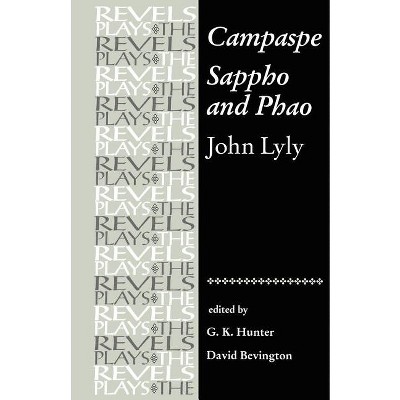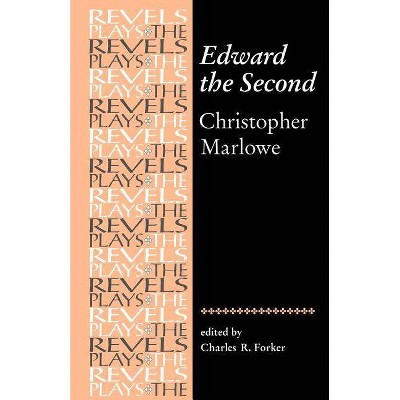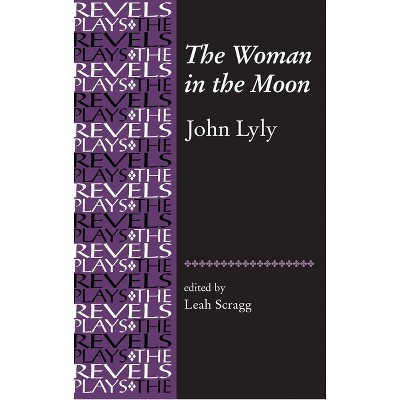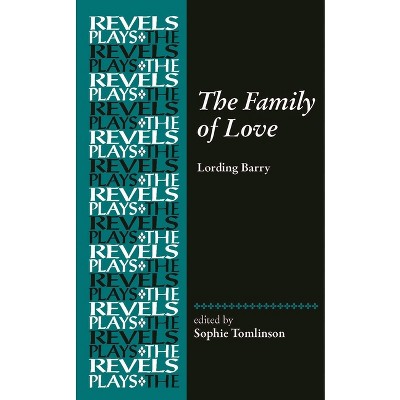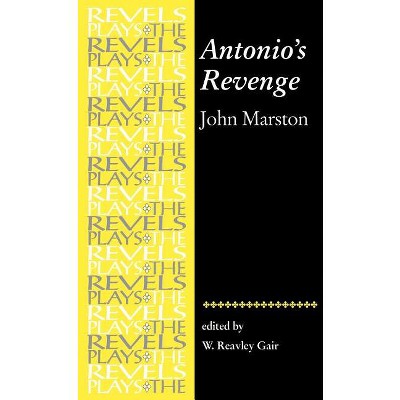About this item
Highlights
- Advertised in its Prologue as a prequel to Shakespeare's Julius Caesar and Antony and Cleopatra, Fletcher and Massinger's The False One is the first literary work completely to revolve around the affair between Caesar and Cleopatra.
- About the Author: Domenico Lovascio is Associate Professor of English Literature at the University of Genoa
- 248 Pages
- Drama, European
- Series Name: Revels Plays
Description
About the Book
This is the first fully annotated, single-volume critical edition of Fletcher and Massinger's The False One, with an introduction that offers new insights on the date and the theatre of the play's first performance, freshly examines its sources and explores the theatrical potential of a play that has hitherto been lost to the dramatic repertory.
Book Synopsis
Advertised in its Prologue as a prequel to Shakespeare's Julius Caesar and Antony and Cleopatra, Fletcher and Massinger's The False One is the first literary work completely to revolve around the affair between Caesar and Cleopatra. In its deployment of their liaison as a venue for the exploration and criticism of contemporary political manoeuvring and its high-spirited and pungent appropriation of Roman history, the play proves to be one of the most compelling Jacobean dramatizations of the classical past.
This Revels Plays edition offers the first fully annotated, single-volume critical edition of The False One, with a thorough introduction that provides new insights on the date and the theatre of the play's first performance, examines the playwrights' reworking of their sources and explores the theatrical potential of a play that has hitherto regrettably been lost to the dramatic repertory.From the Back Cover
Advertised in its Prologue as a prequel to Shakespeare's Julius Caesar and Antony and Cleopatra, John Fletcher and Philip Massinger's The False One is the first literary work completely to revolve around the affair between Caesar and Cleopatra in Egypt. By frankly portraying the weakness and pettiness of such great historical personalities alongside their strength and nobility, the play brilliantly exposes Caesar and Cleopatra as flawed individuals who eventually turn out to be capable of transcending their own limits.
Witty, fast-paced and laced with irony, The False One is informed by early modern discussions of issues connected with the role of courtiers, King James I's pacifist policy and the dangers of colonialism. In its deployment of the liaison between Caesar and Cleopatra as a venue for the exploration and criticism of contemporary political manoeuvring and its high-spirited and pungent appropriation of Roman history, The False One proves to be one of the most compelling Jacobean dramatizations of the classical past. This Revels Plays edition offers the first fully annotated, single-volume critical edition of The False One, with a thorough introduction that provides new insights on the date and the theatre of the play's first performance, examines the playwrights' imaginative reworking of their classical and contemporary sources, and explores the considerable theatrical potential of a play that has hitherto regrettably been lost to the dramatic repertory. With its modernized spelling and detailed on-page commentary, this edition makes the play newly accessible to readers, students and theatre practitioners.Review Quotes
''This Revels edition points us to the value of reviving The False One as a staged play, quite possibly in the company of one of Shakespeare's Roman plays or paired with Massinger's mesmerizing tour de force, The Roman Actor. Lovascio's twin publications of 2022 fill in a lacuna in our awareness of early modern drama centering on the Roman empire. In that sense, Lovascio has demonstrated his own willingness to emulate Curtius, by leaping into the gulf to preserve this vital but long-neglected Roman play.'
Renaissance Quarterly
Early Modern Literary Studies
About the Author
Domenico Lovascio is Associate Professor of English Literature at the University of Genoa







